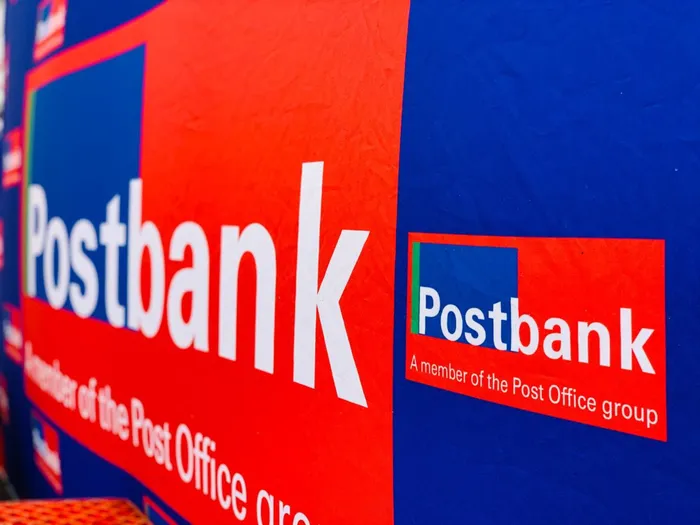Postbank asks Parliament to push for R1.7bn funding
PARLIAMENT

Postbank has only been separated from the Post Office operations and systems which are legacy systems not for banking.
Image: Supplied
Postbank CEO Nikki Mbengashe on Wednesday revealed the urgent need for R1.7 billion to maintain capital adequacy, following a challenging 18 months in which the bank has already expended more than R500 million of its own revenue to sustain operations.
Mbengashe underscored the bank’s necessity for R600m for direct operations, with the remainder serving as a guarantee in alignment with the South African Reserve Bank's (Sarb) regulatory requirements.
"With the money we have made, we have spent more than R500m in the last 18 months to two years. We've been able to establish a new call centre, we've got visibility, we are partnering with retailers, we have built in new systems," she said.
"We need a little bit more to build on that. The R1.7bn fulfills the sub-regulatory requirements to ensure that we keep that amount to qualify for capital adequacy."
Discussing the broader role of Postbank, Mbengashe highlighted the continued exclusion within South Africa's banking system, with more than 7 million individuals still unbanked.
Mbengashe noted the importance of upgrading legacy systems inherited from Post Office operations to ensure compliance and enhance banking capabilities.
"We must not underestimate the impact of having a State bank and commercial banks. It's never one or the other, mandates are different. If we can collaborate on the closed Post Office infrastructure, absolutely we can. We are still to an extent using the Post Offices, but they do need to upgrade because we are regulated and need to be compliant, and therefore, there needs to certain compliance matters," she said.
"Postbank has only been separated from the Post Office operations and systems which are legacy systems not for banking. We are on a journey to build proper banking systems. We have already invested R500m. That is why we are here asking for more money so that we can digitise and get better at what we are doing."
Addressing the issue of housing loans, Mbengashe pointed out a critical gap in the current system—while banks may offer home loans, they often do not meet all applicants' needs.
"Banks can currently give you a home loan but they never qualify or close the 100% gap. What do we do with the people who only qualify but still need a certain amount? The house they are targeting needs to close a gap of the 10% or 20%, someone needs to close that 20% gap, we absolutely agreed that should be serviced by the Postbank," she said.
"The Postbank has the service, the capability, the compliance and the auditability to do that. That's why we recognised that Sassa should come to us. A customer has an option in terms of where you bank. Therefore, we are not mandating and forcing anyone. We offer something that differentiates us from the private sector."
Postbank Administrator, Khaya Ngema, expressed strong optimism about the bank’s potential impact on economic growth and inclusion, saying it was fundamentally viable with serious growth potential and with smart investments.
"A successful Postbank is bursting to make an impact on economic growth and inclusion as it will unlock the currently poorly-served micro-businesses and unlock communities and sectors that are marginalised," Ngema said.
"A successful Postbank will have a good impact on government delivery systems, particularly in supporting modernisation and efficiency of government payment systems. This is not taking from commercial banks."
BUSINESS REPORT